Explore the admission process for the Bachelor of Science (B.Sc.) in Computer Applications course. Step into the world of technology and software development.
Admission Process for Bachelor of Science (B.Sc.) Computer Applications Course
Pursuing a Bachelor of Science (B.Sc.) in Computer Applications is an exciting and valuable educational endeavor, especially in today's digital age. This comprehensive guide will provide a detailed overview of the admission process for a B.Sc. Computer Applications program, guiding you through each step and offering insights and tips to help you successfully secure admission to this dynamic field of study.
1. Program Research and Selection: Before diving into the admission process, it's essential to research and select B.Sc. Computer Applications programs that align with your academic and career aspirations. Take the time to explore different universities or colleges offering the program. Consider factors such as program reputation, faculty expertise, available resources (labs, software, equipment), and the specific areas of computer applications covered (e.g., software development, web development, database management).
2. Eligibility Criteria: Each educational institution may have its own set of eligibility criteria for the B.Sc. Computer Applications program. Generally, you will need a high school diploma or its equivalent to be eligible for undergraduate studies. Specific requirements may include a minimum grade point average (GPA) in high school, completion of certain high school coursework (e.g., mathematics, computer science), and standardized test scores (e.g., SAT or ACT in the United States). Review the admission requirements of each university or college to determine whether you meet all prerequisites.
3. Academic Preparation: Preparation is key to a successful application. Even before you apply, it's advisable to take relevant high school courses that will strengthen your background in computer science and related subjects. This may include mathematics, computer programming, and information technology. Excelling in these courses can not only boost your application but also prepare you for the academic rigor of the B.Sc. Computer Applications program.
4. Standardized Tests (if required): In some countries and institutions, standardized tests like the SAT (Scholastic Assessment Test) or ACT (American College Testing) are a mandatory part of the admission process. These tests assess your academic readiness for college-level courses. Check the admission requirements of each university or college to determine whether these tests are required and prepare accordingly.
5. Document Preparation: The application package typically includes several essential documents:
a) High School Transcripts: You will need to provide your high school transcripts, which should reflect your academic performance, grades, and the coursework you've completed.
b) Letters of Recommendation: Some institutions may request letters of recommendation. These letters should ideally come from teachers or individuals who can speak to your academic abilities, work ethic, and potential for success in the B.Sc. Computer Applications program. Plan ahead and approach individuals who can write strong, supportive recommendations on your behalf.
c) Statement of Purpose (SOP) or Personal Essay: Often required, the SOP or personal essay is your opportunity to explain your motivations, goals, and why you are interested in studying computer applications. It should be well-written, focused, and tailored to each institution's specific program.
d) Resume/Curriculum Vitae (CV): Create a resume or CV that highlights your academic achievements, extracurricular activities, programming skills, volunteer work, internships, and any relevant experiences that demonstrate your interest in computer applications.
6. Application Submission: Most universities and colleges offer online application portals where you can create an account, complete the application form, and upload your documents. Make sure to double-check all the details you provide on your application for accuracy. Missing or incorrect information can lead to application delays or rejections.
7. Application Fee: Keep in mind that there is often an application fee associated with submitting your application. The fee amount varies by institution, and some schools may offer fee waivers or reductions for students with financial need. Explore these options if applicable.
8. Interviews (if required): In some cases, universities may require applicants to participate in interviews as part of the admission process. Interviews can be conducted in person, over the phone, or via video conferencing. Be prepared to discuss your academic background, interest in computer applications, and your goals for the program.
9. Selection Process: The admissions committee, comprised of faculty members and experts in computer applications, carefully reviews all applications. They consider various factors, including academic qualifications, standardized test scores (if required), the quality of the SOP, letters of recommendation, programming skills, and relevant experiences. It's essential to put your best foot forward in your application to stand out among the pool of candidates.
10. Notification of Admission Decision: Once the admissions committee has reviewed the applications, applicants will receive notifications of their admission status. This communication is typically sent via email or through the university's application portal. Accepted students will receive formal admission letters outlining the next steps, including enrollment procedures and deadlines.
11. Financial Aid and Scholarships: Prospective students should explore financial aid and scholarship opportunities to support their education in computer applications. Many universities offer scholarships, grants, or financial aid packages based on academic merit, financial need, or other criteria. Research and apply for these opportunities alongside the admission process to maximize your chances of receiving financial assistance.
12. Enrollment and Registration: After being admitted, students must follow the university's enrollment and registration procedures. This includes submitting any required financial documents, confirming your intent to enroll, and selecting courses for your first semester. Meeting all deadlines and requirements is crucial to secure your spot in the program.
13. Orientation and Onboarding: Upon enrollment, students typically participate in orientation sessions to familiarize themselves with the university, its resources, and the expectations of the B.Sc. Computer Applications program. This is an excellent opportunity to connect with faculty, staff, and fellow students who share your passion for computer applications.
14. Commencement of Classes: The admission process culminates with the commencement of classes. Students begin their coursework, engage in programming projects, and embark on their academic journey towards earning a B.Sc. in Computer Applications.
 3 Years
3 Years
 Under Graduate
Under Graduate
 Science
Science
 Full Time
Full Time

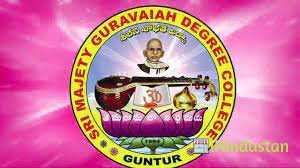
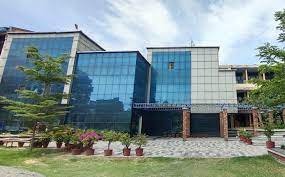
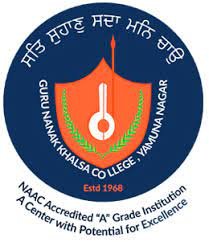
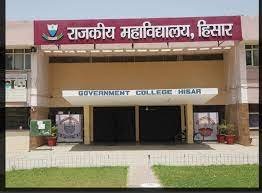
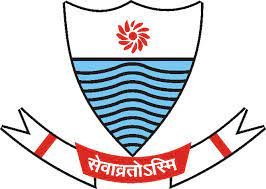
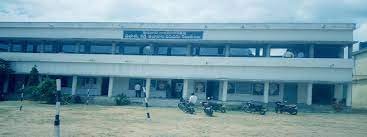

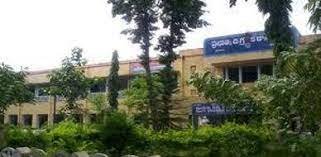
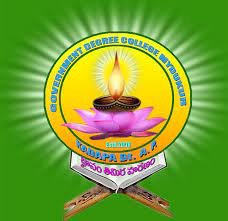
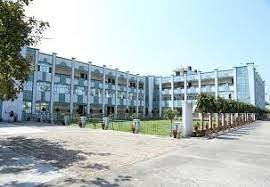
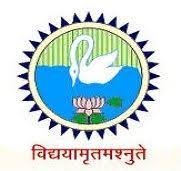
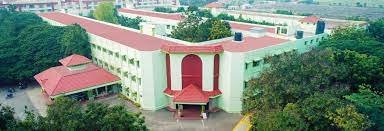
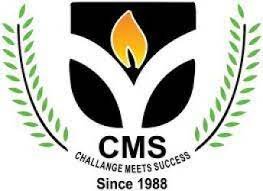
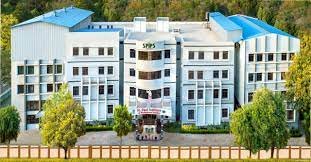
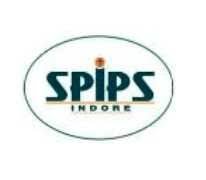
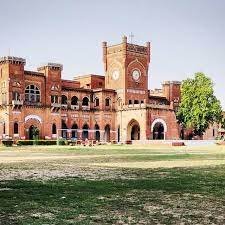
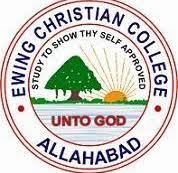
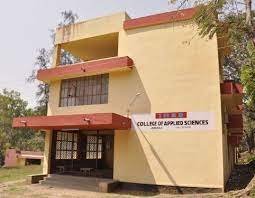
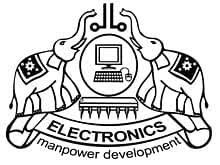

 back
back

